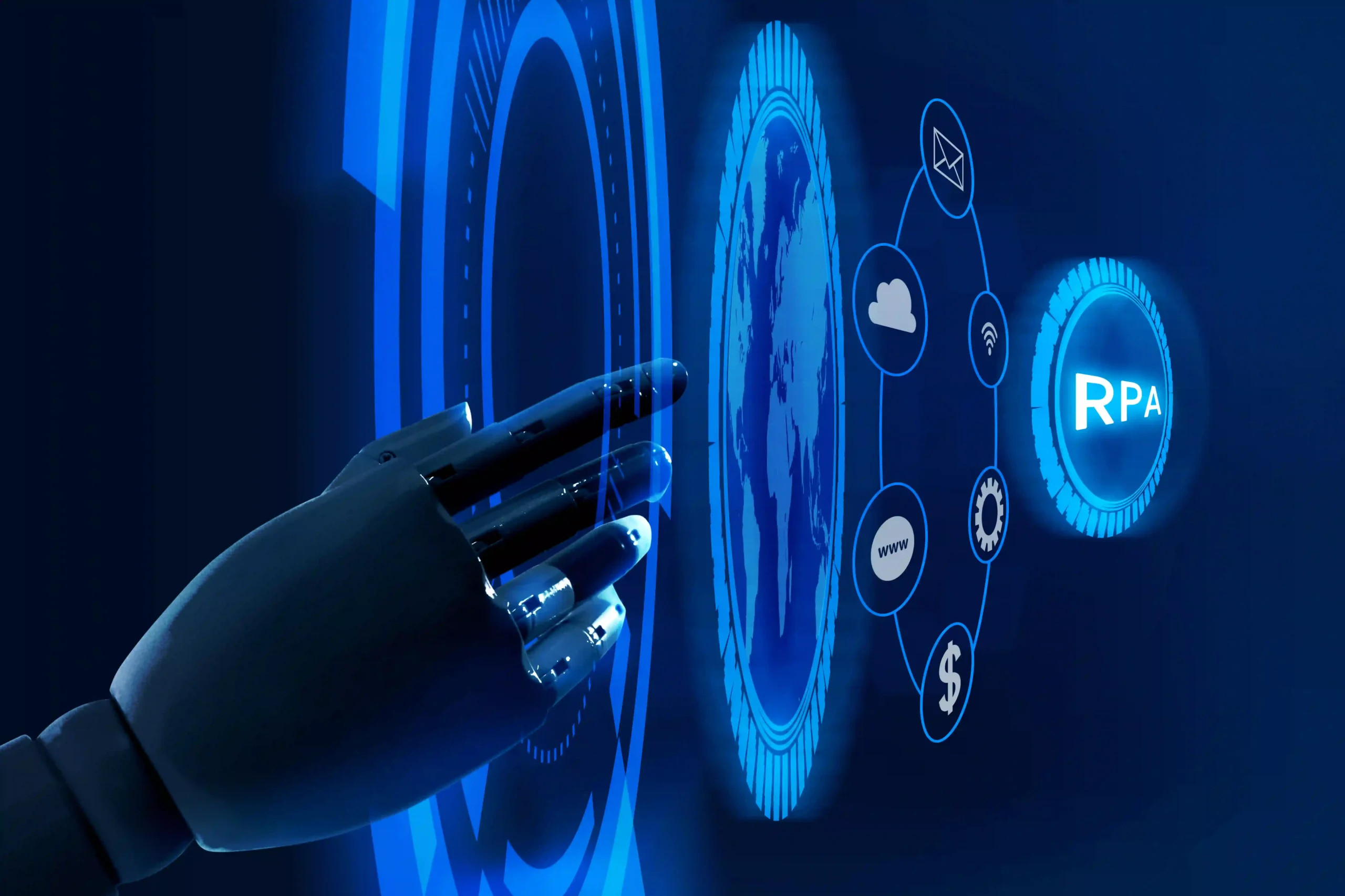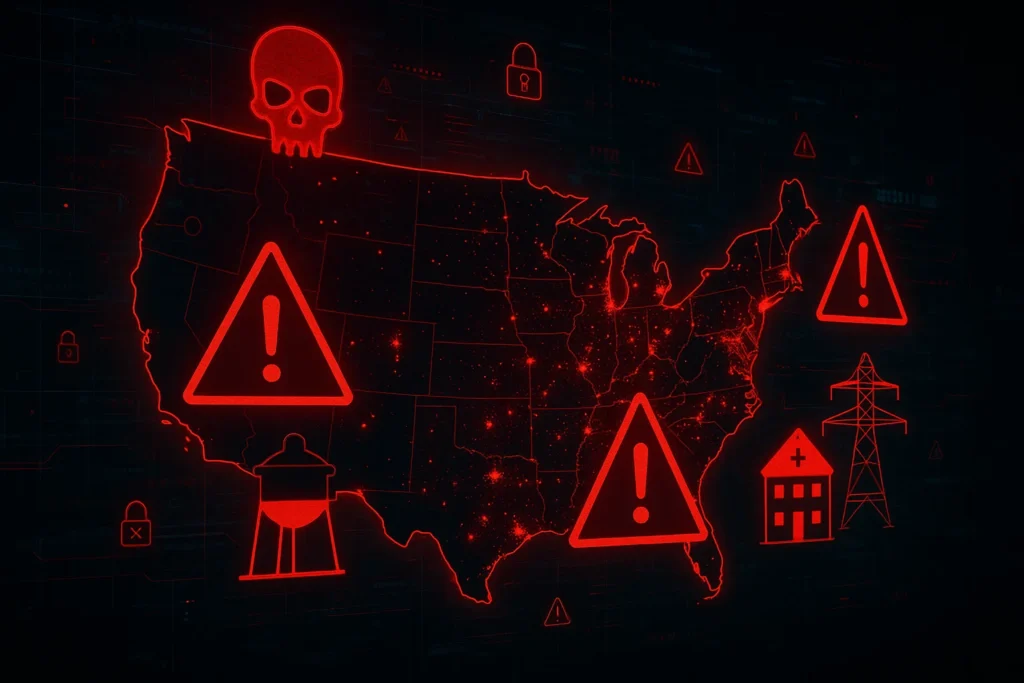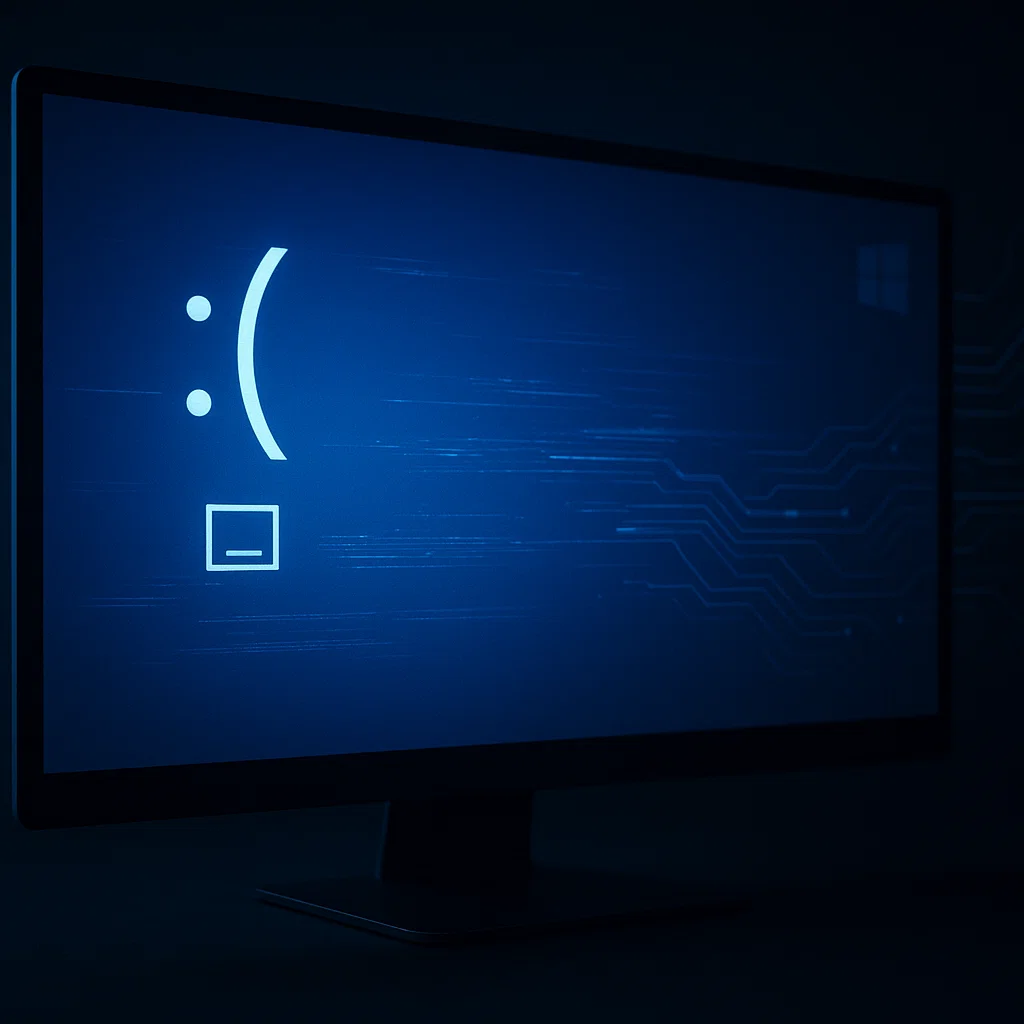Artificial intelligence (AI) and automation are no longer just the buzz of the future. They have become important drivers of transformation across industries, redefining how businesses operate, deliver services, and innovate. In 2024, the convergence of AI and automation is accelerating, enabling more efficient operations, personalized customer experiences, and entirely new business models. In todays blog, we will learn about How AI and Automation Are Transforming Industries This blog explores how AI and automation are impacting various industries and what the future holds.
1. Production and supply chain automation
Manufacturing was one of the earliest adopters of automation, but with the integration of AI, the industry is entering a new era. AI-powered automation in manufacturing is enabling predictive maintenance, reducing downtime, and improving operational efficiency. Machines now communicate with each other through IoT (Internet of Things) sensors, which predict when equipment is likely to fail by analyzing AI. This predictive ability reduces disruption and saves millions on repairs and lost productivity.
AI and automation in the supply chain optimize inventory management, demand forecasting, and logistics. AI algorithms can process large amounts of data to predict supply chain disruptions, allowing companies to proactively respond. Automated warehouses powered by robots and drones are further increasing the speed and accuracy of order fulfillment.
2. Healthcare: How AI and Automation Are Transforming Industries of Health Depertment
In healthcare, AI is transforming how diseases are diagnosed and treated. AI algorithms analyze medical images, genetic data, and patient history to provide a faster and more accurate diagnosis than human practitioners. This is especially influential in fields such as radiology and oncology, where early detection can be life-saving.
Automation in healthcare extends beyond diagnostics. Robotic surgery, AI-powered chatbots for patient consultations, and automated administrative tasks are reducing human error and improving patient care. Hospitals are using AI to simplify activities such as patient scheduling and resource allocation.
For example, AI tools are being used to predict patient admissions and optimize staff, reduce wait times, and improve overall hospital efficiency.
3. Financial Services: Automation in Banking and Investment
The financial services industry has long been a pioneer in the adoption of automation. In 2024, AI is increasing automation to deliver personalized financial services on an unprecedented scale. From robo-advisors providing investment advice on AI-powered fraud detection systems, the finance industry is using AI to improve both customer experience and security.
AI-powered chatbots are transforming customer service in banking, providing real-time assistance and helping with everything from balance searches to complex financial advice. Additionally, AI algorithms are being used for credit scoring, loan approval, and even personalized asset management, all while reducing the operating costs of financial institutions.
4. Retail: Personalization and e-commerce automation
AI and automation are reshaping retailing, especially in e-commerce. AI algorithms track consumer behavior, providing personalized product recommendations that increase sales. Automation is playing an important role in customer service, with AI-powered chatbots providing 24/7 support, addressing customer inquiries promptly and guiding them through purchase decisions.
Retailers are using AI to optimize inventory management, ensuring that popular items are always in stock while reducing overstock. AI-powered marketing automation tools are personalizing customer interactions through targeted advertising, email, and social media campaigns, driving higher engagement rates.
In physical stores, autonomous robots are handling tasks such as shelf stocking and inventory checks, reducing labor costs and increasing efficiency.
How AI and Automation Are Transforming Industries
Agriculture is not immune to the AI and automation revolution. AI-powered systems are enabling farmers to optimize crop yields by analyzing soil conditions, weather forecasts, and historical data. Smart sensors embedded in the fields collect data, which is then processed by AI algorithms to recommend the optimal amount of water, fertilizer, and pesticides.
Drones equipped with AI-powered cameras are monitoring the health of crops and even detecting diseases early. Automotivated machinery such as self-driving tractors and harvesters are increasing productivity while reducing the need for human labor.
6. The Future of AI and Automation: Challenges and Opportunities
As AI and automation continue to evolve, the opportunities are vast, but there are also challenges. Job displacement is a major concern, especially in industries that rely heavily on manual labor. While automation increases productivity and efficiency, it also requires significant worker reefficiency.
Data privacy and ethical concerns are also paramount, especially in industries such as healthcare and finance, where sensitive personal information is involved. Ensuring that AI algorithms are transparent, non-biased, and secure will be critical to the continued adoption of these technologies.
Conversely, businesses embracing AI and automation gain a competitive edge through efficiency, innovation, and improved customer satisfaction. The future of AI and automation is bright, offers endless possibilities for industries wishing to adapt, and evolve.
Conclusion of How AI and Automation Are Transforming Industries
AI and automation are no longer just tools for improving efficiency; they are reshaping entire industries. AI is transforming business operations and consumer engagement across healthcare, finance, manufacturing, and retail industries. Businesses that succeed will integrate AI and automation, leveraging them for innovation, personalization, growth, and operational improvement.






One Response